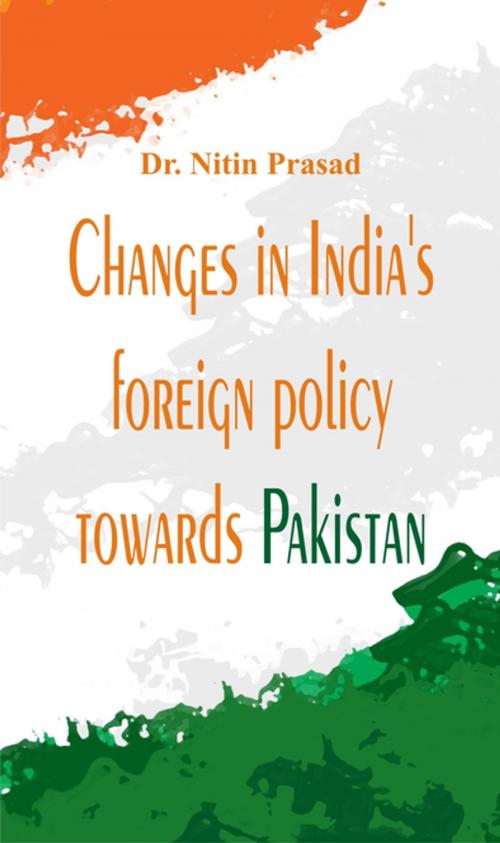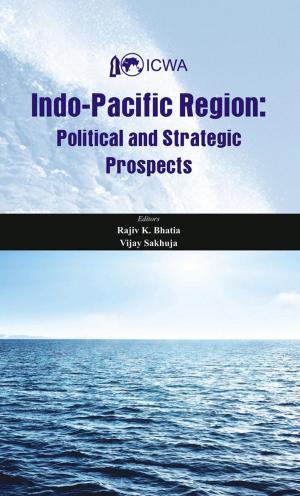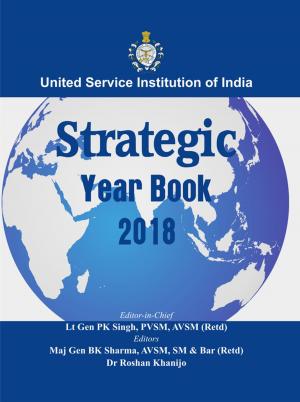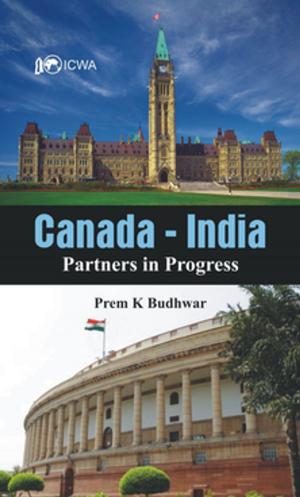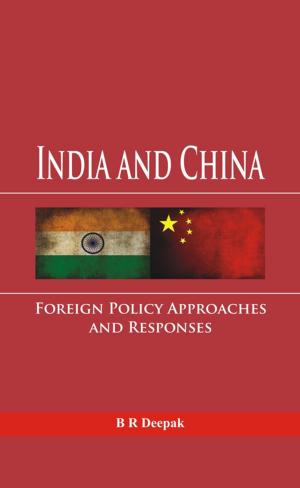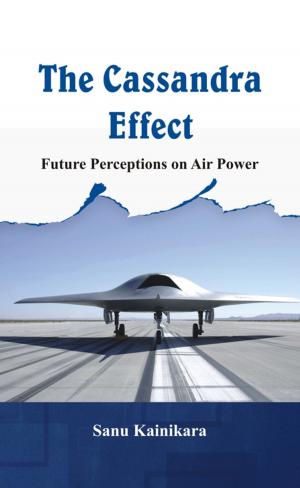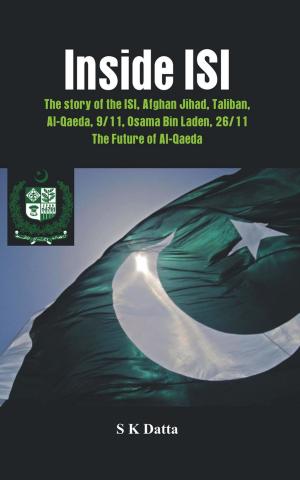Changes in India's foreign policy towards Pakistan
Nonfiction, Social & Cultural Studies, Political Science, Politics, History & Theory, Health & Well Being, Medical| Author: | Dr. Nitin Prasad | ISBN: | 9789386834447 |
| Publisher: | VIJ Books (India) PVT Ltd | Publication: | February 1, 2017 |
| Imprint: | Alpha Editions | Language: | English |
| Author: | Dr. Nitin Prasad |
| ISBN: | 9789386834447 |
| Publisher: | VIJ Books (India) PVT Ltd |
| Publication: | February 1, 2017 |
| Imprint: | Alpha Editions |
| Language: | English |
For years, the centre of India’s foreign policy was Pakistan. Love it or hate it. This was the country that the external affairs ministry had to break its head over most of the times. You can’t brush off four wars (1947-48, 1965, 1971 and 1999), two conflicts (Rann of Kutch and Siachen), militancy in Kashmir that claimed tens of thousands of lives and terrorist attacks all over India. Pakistan and India literally split on an ideological basis, due to the notion of the two-nation theory, and that Muslims cannot live as a minority in Hindu India. Dispute over Kashmir emphasises this divide, and it is still brought up even to this day. India has had to fight 4 wars with Pakistan, and since 1980’s, when Soviets started to get involved in Afghanistan, USA and Pakistan started anti-Soviet terrorism, and Pakistan had the bright idea to use it against India, further worsening relations between the two nations, especially when military coup has meant that the war-hungry military has been in power, and this led to the 1965 war and the Kargil War. The foreign policy of Narendra Modi concerns the policy initiatives made towards other states by the current Modi government after he assumed office as Prime Minister of India on 26 May 2014. The Ministry of External Affairs, headed by External Affairs Minister Sushma Swaraj (the first woman to hold the office since Indira Gandhi), is responsible for carrying out the foreign policy of India. Although the book has involved considerable empirical research, it is not simply fact-finding enterprise. It is also a prescriptive and analytical study intended to create and influence opinion regarding the essentials of policy-making process that would minimize the chances of non-rationality in Indian Foreign Policy.
For years, the centre of India’s foreign policy was Pakistan. Love it or hate it. This was the country that the external affairs ministry had to break its head over most of the times. You can’t brush off four wars (1947-48, 1965, 1971 and 1999), two conflicts (Rann of Kutch and Siachen), militancy in Kashmir that claimed tens of thousands of lives and terrorist attacks all over India. Pakistan and India literally split on an ideological basis, due to the notion of the two-nation theory, and that Muslims cannot live as a minority in Hindu India. Dispute over Kashmir emphasises this divide, and it is still brought up even to this day. India has had to fight 4 wars with Pakistan, and since 1980’s, when Soviets started to get involved in Afghanistan, USA and Pakistan started anti-Soviet terrorism, and Pakistan had the bright idea to use it against India, further worsening relations between the two nations, especially when military coup has meant that the war-hungry military has been in power, and this led to the 1965 war and the Kargil War. The foreign policy of Narendra Modi concerns the policy initiatives made towards other states by the current Modi government after he assumed office as Prime Minister of India on 26 May 2014. The Ministry of External Affairs, headed by External Affairs Minister Sushma Swaraj (the first woman to hold the office since Indira Gandhi), is responsible for carrying out the foreign policy of India. Although the book has involved considerable empirical research, it is not simply fact-finding enterprise. It is also a prescriptive and analytical study intended to create and influence opinion regarding the essentials of policy-making process that would minimize the chances of non-rationality in Indian Foreign Policy.
